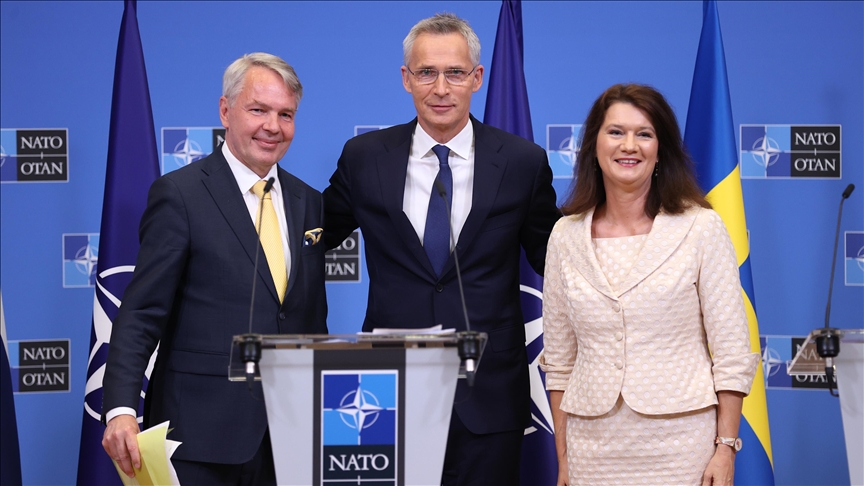|
Getting your Trinity Audio player ready...
|
A new agreement has been signed by representatives from 17 NATO states and Sweden to establish a common satellite intelligence network. The document was signed by the UK, Sweden, and other NATO members including Belgium, Bulgaria, Hungary, Germany, Greece, Spain, Italy, Canada, Luxembourg, the Netherlands, Norway, Poland, Portugal, Romania, Turkey, and France.
The initiative is also supported by the US and Finland. The agreement aims to improve surveillance from space through multinational cooperation and sharing of national space-based capabilities, particularly in the wake of the conflict in Ukraine.
The initiative, called the ‘Allied Persistent Surveillance from Space Initiative (APSS), will become operational in 2025. It seeks to explore the potential sharing of data from national surveillance satellites, processing, exploitation, and dissemination of data from within national capabilities, and funding to purchase data from commercial companies.
In addition, NATO Secretary General Jens Stoltenberg announced the approval of the establishment of a virtual network that would unite information from commercial and state satellites, both civilian and military, for intelligence purposes.
The virtual network, called the Aquila virtual satellite group, will be established to improve NATO’s intelligence and surveillance capabilities, particularly in support of NATO’s military missions and operations. The new initiative is expected to transform the way NATO gathers and uses data from space.
According to the British Government’s website, the APSS initiative will also enable member countries to pool resources and coordinate activities in space more effectively. This will result in greater operational efficiencies and reduce duplication of effort, allowing NATO to better respond to emerging challenges and threats.
The APSS initiative is part of NATO’s broader efforts to improve its technological capabilities and enhance its ability to conduct intelligence, surveillance, and reconnaissance (ISR) activities. NATO has identified space as a key domain for ISR activities, and the APSS initiative is one of several measures the alliance is taking to strengthen its capabilities in this area.
The establishment of the APSS initiative comes at a time when the use of space for military purposes is becoming increasingly important. Several countries, including China and Russia, are developing advanced space capabilities, including anti-satellite weapons, which could pose a threat to NATO’s security.
The APSS initiative will help to address these challenges by improving NATO’s ability to detect, track, and respond to threats in space. Overall, the establishment of the APSS initiative is a significant development for NATO and its member countries.
By pooling their resources and coordinating their activities in space, they will be able to enhance their intelligence and surveillance capabilities and respond more effectively to emerging threats and challenges. The initiative also highlights the increasing importance of space as a domain for military activities and underscores the need for NATO to maintain its technological edge in this area.
